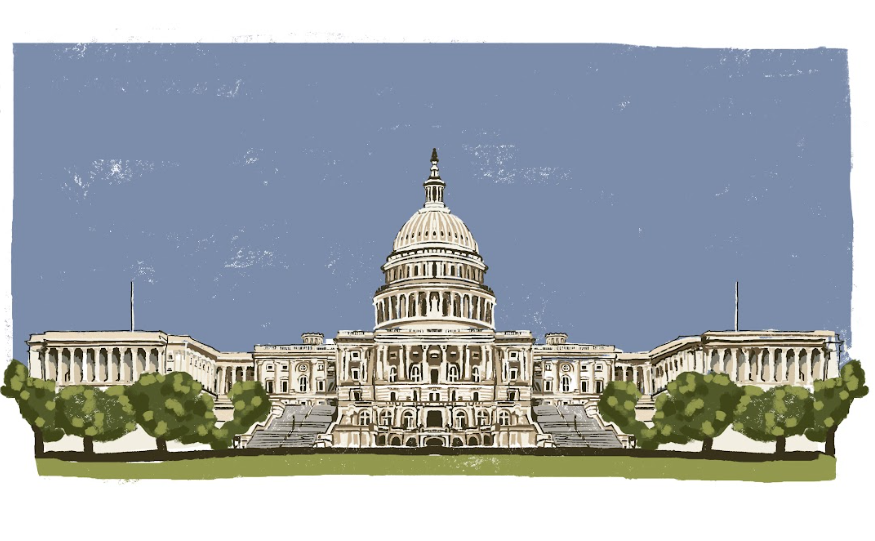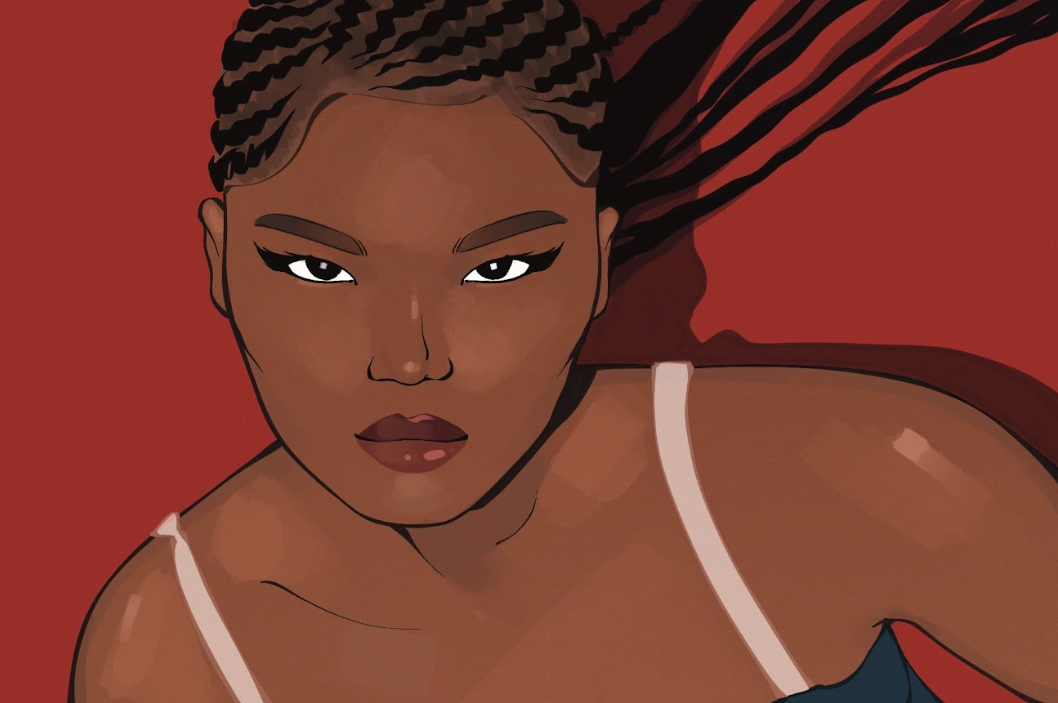2023 was one of the best years for movies in the past decade. Even outside of the movie-going event that was “Barbenheimer,” audiences were treated to films such as “Spider-Man: Across the Spider-Verse,” “The Color Purple,” “Killers of The Flower Moon,” “The Holdovers,” “Poor Things,” “American Fiction,” and several more. Many of these films will be honored at the biggest night in the film industry, The Academy Awards, commonly known as The Oscars.
However, when the official nominations were released on Jan. 23, audiences took to social media to discuss films, actors and directors that they felt had either received the nominations they deserved or were unfairly left off the ballot. This discourse is nothing new when it comes to The Oscars, and these conversations are part of what makes award season so exciting. This year, though, a specific audience was incredibly vocal about two individuals who did not receive the nominations people believed were rightfully theirs.
“Barbie” was arguably the most successful film of last year, with audiences hitting theaters in droves dressed head to toe in pink to watch the film celebrating the iconic doll. The movie was such a phenomenon that it closed with nearly $1.3 billion at the worldwide box office, making it one of only a few female-dominated movies among the top-grossing films of all time. Because of this, people thought it would be a given that the director of “Barbie,” Greta Gerwig, and the film’s lead actress, Margot Robbie, would receive Best Director and Best Actress nominations, respectively. However, they were missing from both nomination categories, and their absences were felt.
Instead, the two actors from the film that did receive nominations were America Ferrera for Best Supporting Actress and Ryan Gosling for Best Supporting Actor. Whether or not people feel like Ferrera deserved the nomination is irrelevant. Given how much her monologue in the film has been discussed since its release, it is not entirely surprising that she received a nomination. As for Gosling’s nomination, the irony in this has been pointed out several times: a male side character is getting recognized over the leading lady for a movie that preaches how much harder a woman has to try to be given the same recognition. Despite “Barbie” being nominated in these categories and receiving eight overall nominations, the conversation still revolves around Gerwig and Robbie.
If the received acclaim is anything to go by, Gerwig did a great job and it is fair of her to expect some appreciation. However, to act like she went completely unrecognized by The Academy for “Barbie” is incorrect. Gerwig received a nomination for Best Adapted Screenplay in this year’s Oscars, which is as impressive as any other nomination. Simply because people feel like she was not recognized in the correct category does not mean they should completely disregard the nomination she did receive.
While admittedly, the Academy could have more diversity in its Best Director category since the only female director nominated in the category is Justine Triet for “Anatomy of a Fall,” Gerwig was not the only female director missing from the list of nominees. For instance, “Past Lives” was one of this year’s Best Picture nominees, and the film’s director, Celine Song, was also absent from her category. The lack of recognition from the Academy for female directors is a conversation that needs to be had, but it should not revolve solely around Gerwig. Instead, the dialogue should lean towards including more women, especially those of color, in the best director category going forward.
As for Robbie, she undoubtedly embodied the titular character perfectly, but that alone does not warrant a nomination for Best Actress. Like Gerwig, it is inaccurate to pretend the Academy ignored Robbie completely, as she is credited as a producer on the movie’s Best Picture nomination. While this may not be recognition for her performance, it is still a prestigious recognition for a female-centered film and should be appreciated as such. However, “Barbie” fans remain unsatisfied and believe that being the lead of a film that presents such relevant messages about feminism makes Robbie entitled to a spot on the list of Best Actress nominees.
The question is: who should be removed to make space for Robbie? Should it be Lily Gladstone, who is nominated in the category for her performance in “Killers of The Flower Moon”? Some audiences seem to think so. According to the Los Angeles Times, Robbie could have been nominated only if “Barbie” “barely survived becoming the next victim in a mass murder plot.”
This is a gross jab at the plot of “Killers of The Flower Moon” where Mollie Burkhart, whom Gladstone portrays, is nearly murdered in a plot to steal her family’s wealth, and completely undermines Gladstone’s achievement as the first Native American woman to be nominated for an Oscar. To discredit this historic feat for best leading actress is disappointing and undermines the progress of overlooked Indigenous women and people.
In a situation such as this, it is important to consider intersectionality. While both Robbie and Gladstone receiving nominations are wins for women, a Native American woman being nominated holds a greater significance in paving the way for more diversity and inclusion within these categories, which is important if the Academy is meant to reflect the scope of the entire film industry.
With its celebration of the spectrum of womanhood, “Barbie”’ presents important messages for today’s society. However, no amount of relevance or critical acclaim makes a film entitled to nominations. Those who are upset about Gerwig and Robbie not receiving nominations for Best Director and Best Actress are not unfounded in their anger, as the Academy can always do better, but it did not disregard women in their nomination selections this year the way people are acting like it did. Historic pushes towards embracing actors of color were made alongside this year’s nominations, with Gladstone’s nomination and those of Ferrera and Coleman Domingo. They will hopefully pave the way for more recognitions like this in the future.
Pitting these actors against each other is not the goal but the bottom line is: pink is not the new gold. No matter what makes audiences feel “Barbie” should earn recognition from the Academy, it does not inherently make it deserving of a nomination. Instead, people should be championing intersectionality and realizing the significance of people of color advancing in the film industry because it is long past the time for marginalized individuals to receive such prestigious recognition for their talents.











